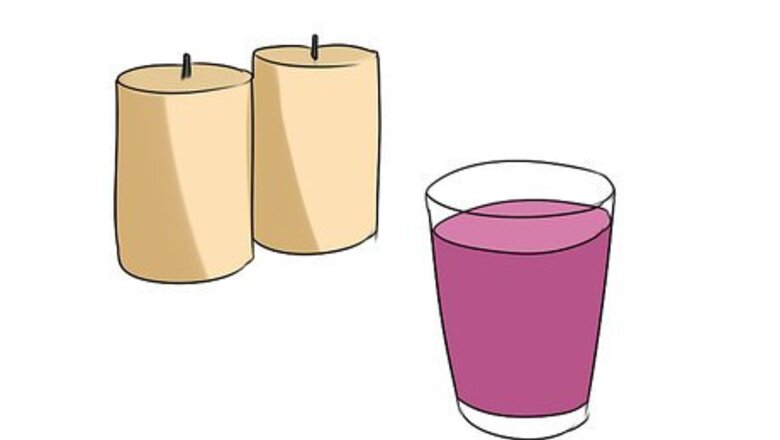
views
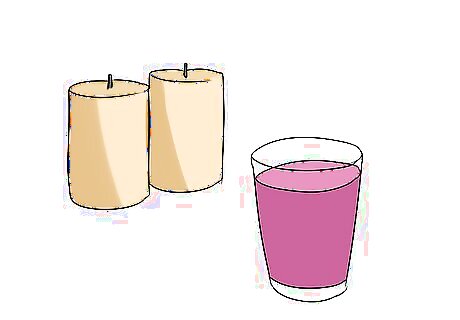
Prepare for Shabbat. Since there are many activities that are prohibited on Shabbat, advance preparations is the best way to help you cope. Many of them must be made a day or more in advance. Your Hebrew calendar will list the times for lighting the Shabbat candles. Go food shopping and do laundry on Thursdays. Shower and wear your best clothes.
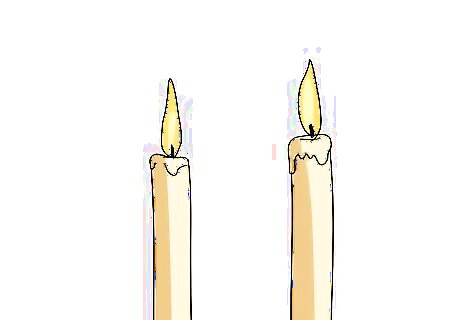
Welcome Shabbat with prayers for your children, lighting Shabbat candles, Kiddush prayers, challah prayers, a festive dinner, and Shabbat Friday night services at the synagogue.
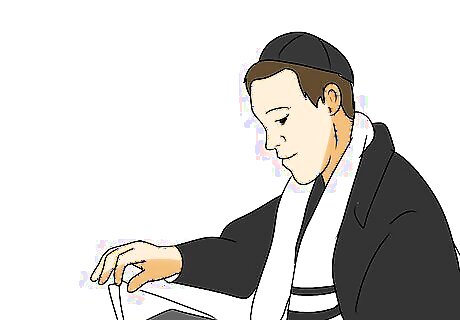
Attend Saturday morning services at the synagogue.
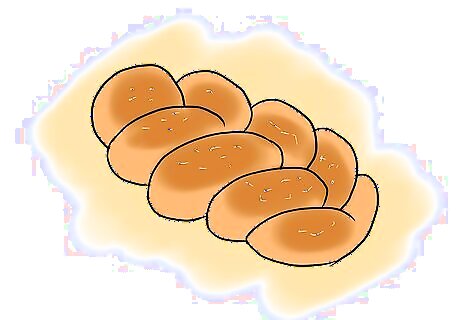
Prepare another Kiddush prayer for Saturday afternoon lunch.

Sing Hebrew songs at all the meals since Shabbat is a day of joy.
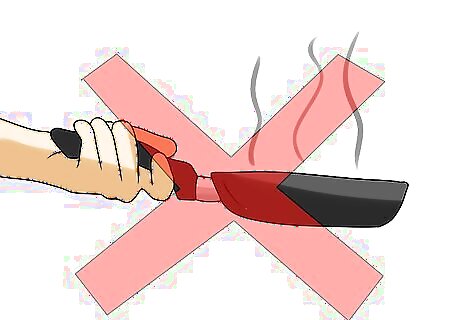
Familiarize yourself with the 39 tasks prohibited on Shabbat. Many of them are quite complicated and require understanding. Rabbinical authorities vary in what they consider permissible or not based on this list, so consult your local rabbi when you are uncertain. Carrying Burning Extinguishing Finishing Writing Erasing Cooking Washing Sewing Tearing Knotting Untying Shaping Plowing Planting Reaping Harvesting Threshing Winnowing Selecting Sifting Grinding Kneading Combing Spinning Dyeing Chain-stitching Warping Weaving Unraveling Building Demolishing Trapping Shearing Slaughtering Skinning Tanning Smoothing Marking
Familiarize yourself with what is muktzeh (Hebrew: "separated" or "set aside"), which refers to tools and other objects used primarily to perform an activity that is a violation of Shabbat. According to the laws of Shabbat, a muktzeh item cannot be touched with the hands. Some examples of muktzeh items include: Pens and other writing instruments Currency Electronic devices, such as computers, cell phones, cameras Common tools, such as hammers, screwdrivers Outdoor work objects, such as lawnmower, rakes, shovels




















Comments
0 comment